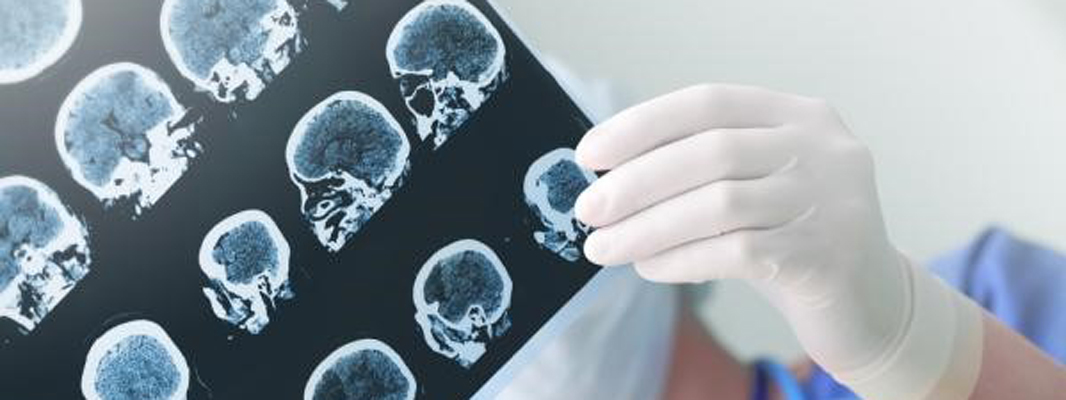Paper published
Research funded by The Brain Tumour Charity has revealed a new mechanism within cancer cells that could be exploited to treat glioblastoma – one of the deadliest types of brain tumours.
Dr Ángel Álvarez-Prado, one of our Future Leaders who was a postdoctoral researcher at the University of Lausanne in Switzerland and now runs his own lab, discovered that blocking a protein called ADAR1 had a two-fold effect on glioblastoma tumours.
First, it reduced the ability of cancer cells to multiply and then – crucially – kicked the immune system into action to recognise and attack the tumour. His findings, published in Cell Reports, establish the therapeutic potential of targeting ADAR1 in glioblastoma.
Next steps
Dr Álvarez-Prado, whose laboratory is at Luxembourg Institute of Health, is now evaluating different ADAR1 inhibiting drugs with the long-term goal of improving patient care.

If his team’s findings in the laboratory can be replicated in clinical trials, it could lead to the development of more effective therapies against this aggressive disease – the first advance in treatment for glioblastoma since 2007 when temozolomide became available.
While this research is still at a relatively early stage, The Brain Tumour Charity continues to support Dr Ángel Álvarez-Prado and his new team to help drive this vital work nearer to the clinic.
Identifying weaknesses in tumour cells, allowing scientists to both directly target the cancer cells and train our immune system to recognise them, is a powerful way to develop urgently needed treatments. We are immensely impressed by and proud of the work Ángel has achieved here.
Dr Simon Newman, Chief Scientific Officer at The Brain Tumour Charity
He is one of our Future Leaders – a group of the brightest early-career neuro-oncology researchers whose work we are supporting – and we look forward to his career flourishing to help drive exciting discoveries like these nearer to the clinic.
We have committed £7.5m to our Future Leaders programme with the aim of funding 30 Future Leaders like Ángel by 2030 – transforming the research landscape by identifying and developing the next generation of world class researchers.”
About glioblastoma
Around 3,200 people are diagnosed with a glioblastoma (GBM) in the UK every year, and standard treatment involves surgery, radiotherapy and/or temozolomide chemotherapy. But these treatments don’t usually cure the condition and there are side effects. People live, on average, for just 12-18 months after they are diagnosed.
Dr Álvarez-Prado said: “Glioblastomas present a huge challenge. They are very complex and aggressive cancers, and we urgently need new treatments for patients.
“We wanted to see if blocking ADAR1 – a protein normally involved in anti-viral immunity – in mice with glioblastoma tumours would affect tumour growth. We discovered that tumours grew more slowly, the immune system became active and fought the cancer, and mice survived for longer. Blocking ADAR1 in human glioblastoma cells also reduced the ability of cancer cells to multiply.
“Our work has revealed a potential treatment avenue to explore. My laboratory is now searching for and evaluating different drugs to block ADAR1 function. This is a critical step to identify relevant molecules that can be subsequently tested in clinical trials and, hopefully, result in a more effective therapy for patients with glioblastoma.”
Your support made this work possible
Retired businessman John Woodman, who was diagnosed with a GBM in March 2024, and who has since raised more than £450K for The Charity through an auction and an arduous physical team challenge – Everest in the Alps – welcomed the news:
It’s heartening to see even a small glimmer of hope for new treatments for brain cancer as there have been so few over the past 30 years. Funds are desperately needed to get research like Ángel’s over the line which is why I’m proud to support The Brain Tumour Charity.”
John Woodman
You can read the full paper in Cell Reports here
